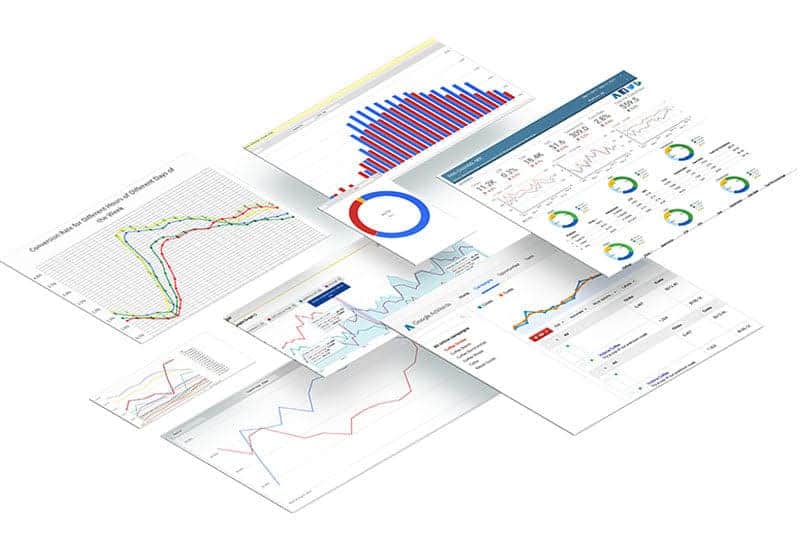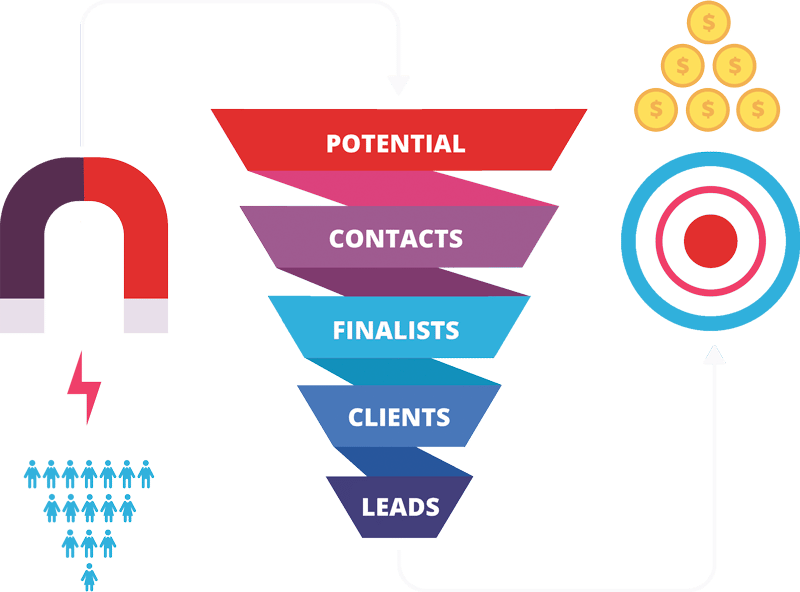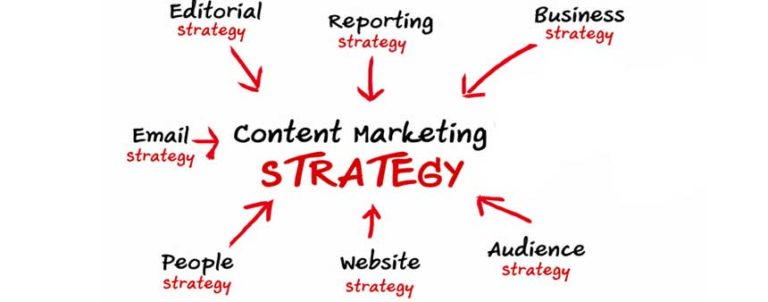Transformative Lead Generation: Strategies and Financial Insights for the Modern Enterprise
In the fast-paced, ever-evolving world of business, one term stands out as a cornerstone for success: lead generation. This is not merely a buzzword; it’s a strategic imperative that distinguishes thriving enterprises from stagnant ones. Whether you’re a seasoned marketing executive or an entrepreneur looking to scale, understanding the nuances of lead generation is non-negotiable. In this blog post, we’ll unpack what lead generation truly means, its financial implications, and the groundbreaking strategies that are setting industry leaders apart.
What is Lead Generation?

Lead generation is the process of attracting and converting strangers and prospects into someone who has indicated interest in your company’s product or service. It’s not just about getting people to visit your website; it’s about getting them to take action—whether that’s filling out a form, signing up for a newsletter, or making an initial purchase.
Types of Leads
- Marketing Qualified Leads (MQLs): These are individuals who have engaged with your marketing campaigns but aren’t yet ready to make a purchase. For example, someone who downloads a free eBook from your site but hasn’t requested a product demo would be considered an MQL.
- Sales Qualified Leads (SQLs): These are leads that have been vetted and are ready for a direct sales approach. An example would be a prospect who has filled out a “Contact Sales” form on your website.
- Product Qualified Leads (PQLs): These are individuals who have interacted with your product—perhaps through a free trial—and have taken actions that signify a strong intent to purchase. For instance, a user who has engaged with multiple features in a software trial would be a PQL.
The Significance of Lead Generation
Lead generation is the linchpin of any successful business model. It’s not merely a tactic for increasing sales; it’s a strategic framework that impacts every facet of your business.
Key Benefits
- Customer Acquisition: Lead generation is the engine that drives new customer acquisition, thereby expanding your market share.
- Targeted Outreach: It enables you to focus your marketing efforts on highly targeted segments, thereby increasing the efficiency and effectiveness of your campaigns.
- Cost-Effectiveness: Many lead generation strategies, particularly digital ones, offer a higher ROI compared to traditional advertising methods.
- Relationship Building: Lead generation allows you to nurture relationships with potential customers, thereby increasing the likelihood of conversions.
- Data-Driven Insights: The process provides invaluable data that can be leveraged for market research and business strategy optimization.

Three Trendy Strategies for Lead Generation
In a world where innovation is the norm, top-tier companies are constantly exploring new avenues for lead generation. Here are three strategies that are making waves in the industry:
1. Content Marketing
Companies like Zen Agency have mastered the art of content marketing as a lead generation strategy.
Deep Dive:
- Value Proposition: Create content that solves real-world problems for your target audience. This could be in the form of blog posts, eBooks, or webinars.
- SEO Optimization: Use keyword research and on-page SEO techniques to ensure that your content ranks high on search engines.
- Conversion Optimization: Implement compelling CTAs and landing pages to convert your audience into leads.
2. AI and Chatbots in Lead Generation
The transformative power of Artificial Intelligence (AI) in lead generation is undeniable. Leveraging AI not only streamlines the process but also brings a level of intelligence and customization that was previously unimaginable. Companies like Zen Agency are already harnessing the power of AI to offer specialized lead generation services.
Deep Dive into AI-Powered Lead Generation:

- AI-Powered Lead Scoring and Qualification: AI algorithms analyze various data points to determine the quality and prospective value of each lead. These algorithms can score leads based on predetermined criteria such as level of engagement, interest, and likelihood of conversion. This makes it easier to prioritize leads that have a higher chance of converting.
- Personalized Marketing and Content Recommendation: AI uses data analytics to customize promotional offers and messages for each lead. By interpreting user behavior and preferences, AI can offer hyper-personalized content, thereby increasing engagement and conversion rates.
- AI-Powered Chatbots and Virtual Assistants: These are not your average chatbots. AI-powered chatbots can engage customer queries in real-time, reducing the wait time for human response. The more these chatbots interact, the smarter they become, offering more precise and relevant responses over time.
- Data Mining and Lead Identification: AI algorithms can analyze vast amounts of data, much more efficiently than traditional manual methods. They use clustering algorithms to assemble related data elements and classification algorithms to evaluate multiple lead features, predicting the likelihood of a lead converting into a customer.
- Utilizing External Data Sources: AI can also scan data from external sources like business publications, market studies, and social media to identify potential leads. This real-time tracking enables businesses to engage leads with current and relevant content, thereby improving conversion rates.
- Predictive Analytics for Lead Conversion: AI models like convolutional neural networks and machine learning techniques such as logistic regression and decision trees are used to predict the likelihood of lead conversion. This allows businesses to focus their efforts on high-potential leads, thereby optimizing their lead generation strategies.
- Sales Forecasting and Pipeline Management: AI can also predict future sales performance more accurately than traditional methods by considering various variables and their intricate relationships. This helps in streamlining the sales pipeline and improving conversion rates.
- AI-Enabled Lead Attribution and Marketing ROI Analysis: AI algorithms can precisely correlate leads to marketing touchpoints and analyze the performance of marketing efforts. This real-time analytics power allows businesses to tweak their strategies for maximum impact.
By implementing these AI-driven strategies, businesses can capture, qualify, and segment leads more effectively, thereby increasing the chances of converting leads into customers. A McKinsey survey cited in the article shows that adopting AI positively impacts revenue, with 41% reporting at least a 5% growth and 21% reporting a 10% cost reduction.
For more in-depth insights on AI in lead generation, you can read the full article here.
3. Social Media Advertising: The Goldmines of LinkedIn and Facebook
In the realm of digital marketing, social media platforms have emerged as invaluable assets for targeted lead generation. Among these platforms, LinkedIn and Facebook stand out for their robust targeting capabilities and extensive user base. Here’s how these platforms can be leveraged for high-quality lead generation:

LinkedIn: The Professional Network
- Audience Segmentation: LinkedIn allows you to target your ads based on various professional criteria such as industry, job title, company size, and even specific skills. This enables you to reach decision-makers and influencers within your target market.
- Sponsored Content and InMail: LinkedIn offers unique advertising formats like Sponsored Content and Sponsored InMail, which allow you to send personalized messages directly to the inboxes of targeted professionals.
- Lead Gen Forms: LinkedIn’s Lead Gen Forms come pre-filled with LinkedIn profile data, making it easier for users to submit their information, thereby increasing conversion rates.
- Retargeting Capabilities: LinkedIn also offers retargeting options, allowing you to re-engage with users who have previously interacted with your brand but haven’t converted.
Facebook: The Social Giant
- Demographic and Psychographic Targeting: Facebook’s ad platform provides a plethora of targeting options, including age, location, interests, and behavior. This allows you to reach a highly specific audience that is more likely to convert.
- Lookalike Audiences: One of Facebook’s standout features is the ability to create Lookalike Audiences. This feature enables you to target users who are similar to your existing customers, increasing the likelihood of reaching people interested in your product or service.
- Dynamic Ads: Facebook’s Dynamic Ads automatically show different ad content based on user behavior, making the ads more relevant and engaging.
- Pixel Tracking for Conversion Optimization: Facebook Pixel allows you to track user behavior on your website, providing insights that can be used to optimize ad performance and improve ROI.
By leveraging the unique features and targeting capabilities of LinkedIn and Facebook, businesses can not only reach a wider audience but also focus on high-quality leads that are more likely to convert. These platforms offer a level of granularity in targeting that is unparalleled, making them true goldmines for targeted lead generation.
Financial Importance of Lead Generation
The financial implications of lead generation are profound. A robust lead generation strategy can significantly increase your revenue and profitability. Here’s why:
- Increased Sales: More leads mean more potential customers, which translates to more sales.
- Higher ROI: Effective lead generation strategies often cost less than traditional advertising but yield a higher return on investment.
- Sustainable Growth: A consistent flow of leads ensures that your business can grow sustainably, without the boom-and-bust cycles that many businesses experience.
- Competitive Advantage: Companies that excel at lead generation often outperform their competitors who lag in this crucial area.
Conclusion
Lead generation is not a peripheral aspect of modern business; it’s the core around which successful enterprises are built. From understanding the types of leads to leveraging cutting-edge strategies like content marketing, AI, and social media advertising, mastering lead generation is imperative for long-term success.
So, whether you’re a startup looking to make your mark or an established player aiming to maintain your lead, investing in specialized lead generation services can be a game-changer. Companies like Zen Agency offer such specialized services that can provide the impetus for sustained growth and profitability.
Elevate Your Lead Generation Game Today!


















